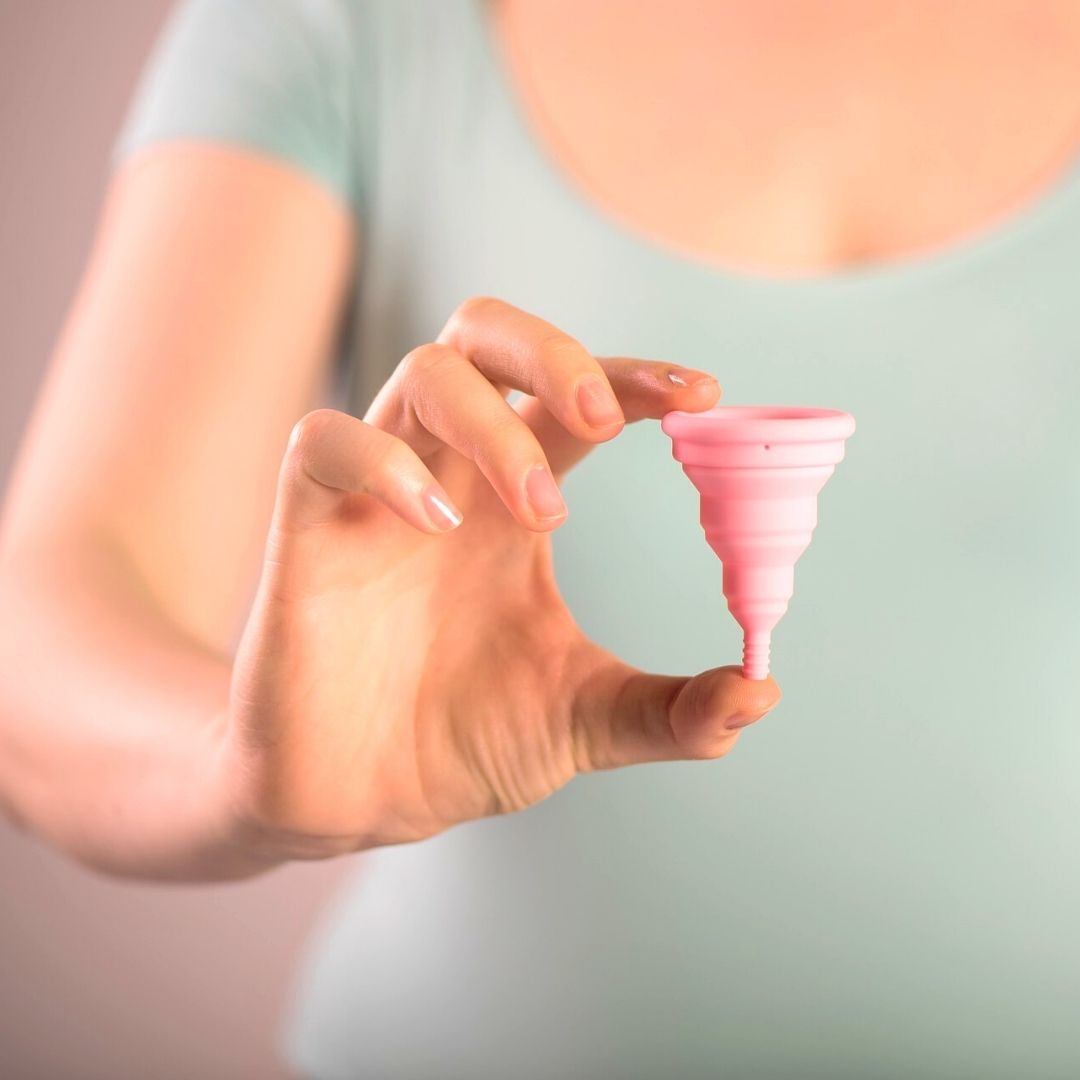
Menstrual Hygiene: Stigma Still Restricts Open Discussion
Writer: Dimpal Gulwani
She is an Multimedia Journalism student, currently pursuing the course at Indian Institute of Journalism and New Media, Bangalore. Her interests is on reporting, editing, working on Adobe Premiere Pro, Photoshop, InDesign, Audacity.
India, 3 Feb 2022 9:00 AM GMT | Updated 3 Feb 2022 12:54 PM GMT
Editor : Snehadri Sarkar |
While he is a massive sports fanatic, his interest also lies in mainstream news and nitpicking trending and less talked about everyday issues.
Creatives : Dimpal Gulwani
She is an Multimedia Journalism student, currently pursuing the course at Indian Institute of Journalism and New Media, Bangalore. Her interests is on reporting, editing, working on Adobe Premiere Pro, Photoshop, InDesign, Audacity.
Menstruation is still a less discussed topic in society and the stigma only worsens communication of knowledge about menstrual hygiene. People are vulnerable to serious health hazards as they still use improper sanitary products.
Talks around menstrual hygiene and periods, in general, have been restricted due to the stigma around the concept. Many girls are not aware of menstrual hygiene in the first place because menstruation itself is discouraged from talking about in society. Unawareness about menstrual hygiene could be dangerous as its absence can pose severe physical conditions. It is required that society starts discussing natural phenomena to prevent unintended negligence in maintaining menstrual hygiene.
What Is Menstrual Hygiene?
Menstrual hygiene refers to flexible access to menstrual products during the monthly cycle. It means ample availability of sanitary products to absorb the blood flow, availability of safe and clean space for changes, and access to safe disposal of menstrual management products.
Adolescent girls are unaware of menstrual hygiene due to a lack of communication about menstruation. Surrounded by taboos, myths and stigma, discussions around periods have been restricted to the extent that girls fail to achieve enough information about menstrual hygiene habits.
Menstrual hygiene is essential as vulnerability to various illnesses and infections increases in its absence. Poor menstrual hygiene habits have been linked to multiple physical hazards regarding reproductive and urinary tract infections. Other possible risks are cervical cancer, Reproductive Tract Infections, Hepatitis B infection, various types of yeast infections and Urinary Tract infections.
Many girls and women have limited options for affordable menstrual materials. Hence, providing access to private facilities with water and safer low-cost menstrual materials could reduce urogenital diseases, as stated by UNICEF.
Why Is It Important?
The impact of lack of menstrual hygiene is just not limited to health. It affects the education of adolescent girls. According to NGO Dasra's report, 23 million girls in India drop out of school annually due to a lack of menstrual hygiene management facilities. Such facilities refer to the availability of sanitary napkins and awareness about menstruation. Moreover, the report further mentions that girls who do not drop out usually miss up to five days of school every month, as reported by NDTV.
There is a divide in awareness of menstrual hygiene on the urban and rural front. According to a study, various socio-demographic factors are responsible for women's varying understanding and usage of menstrual products in urban and rural areas. Education, wealth, mass media, and toilet facilities are factors that have affected the extent of menstrual hygiene. Three-quarters of women in urban areas use sanitary items compared to just half of the women in rural areas.
Pandemic Effect
For a concept that remains a hush-hush topic today, conditions worsened during the pandemic. Since many girls were dependent on school and community services for sanitary items, pandemic proved to be a barrier in accessing menstrual products. According to a Menstrual Health Alliance India survey, 84 per cent of the respondents stated that they had either no or severely restricted access to menstrual products in the community they work in, especially for sanitary pads, as reported by Hindustan Times.
"Most adolescent girls from low-income households depended on school-based supply in Government schools. Given that schools have been closed since the lockdown, they have started using cloth pads. We need to look at how reusable product choices like cloth pads and menstrual cups can be promoted with information on maintenance of hygiene to build resilient MHM practices," Tanya Mahajan of the MHAI said.
Reasons For Less Discussions
A woman's menstrual health is very crucial for her well being. For ages, mindsets, customs, and beliefs have taken a toll on women's menstrual hygiene. The issue remains taboo in Indian society. There is a feeling of shame and impurity associated with the periods that have been the root cause of the lack of awareness about the issue itself.
The lack of awareness about menstruation was one of the reasons. About 70 per cent of mothers found menstruation dirty, and about 71 per cent of adolescents were not aware of it before its start, according to NGO Dasra's report The stigma around the issue has been one of the primary reasons for the lack of awareness about it, and this has further led to the problem of no proper menstrual hygiene.
Possible Solutions
Various awareness programmes discussing menstrual hygiene in areas where menstruation is taboo could possibly initiate further discussions. Moreover, the supply of sanitary products to adolescent girls could benefit them for maintaining menstrual hygiene with the safe disposal of these products. A scheme launched by the Ministry of Health and Family Welfare named Menstrual Hygiene Scheme was started in 2011 to create awareness about menstruation and the need for hygiene.
Under the scheme, adolescent girls from rural areas are provided with sanitary napkins at low prices. The scheme aims at making sanitary products affordable for people from rural areas. Moreover, the scheme also aims at discussing the safe disposal of used products.
Also Read: Over 50 Athletes Test COVID Positive Before Beijing Winter Olympics 2022 Kick-Off
 All section
All section














